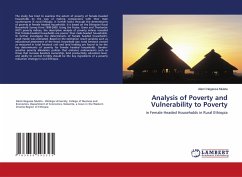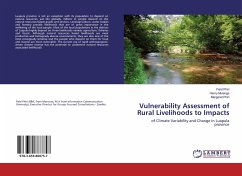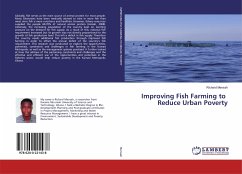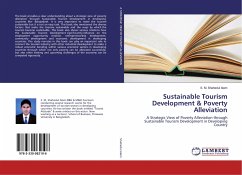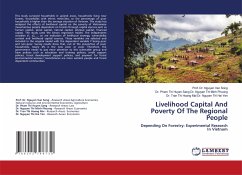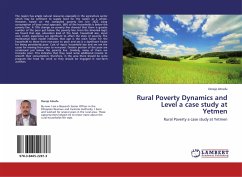The study has tried to examine the extent of poverty of female-headed households by the way of making comparisons with their male counterparts in rural Ethiopia. It further looks through the determinants of poverty in female headed households. It is based on the Ethiopian Rural Household Survey from 1999-2009. Using the Foster, Greer and Thorbecke (FGT) poverty indices, the descriptive analysis of poverty indices revealed that female-headed households are poorer than male-headed households. To further investigate the determinants of female headed household's Logit model was estimated. Based on the estimation result variables such as educational attainment of the head, household size, total livestock owned as measured in total livestock unit and land holding are found to be the key determinants of poverty for female headed households. Gender-sensitive poverty alleviation policies that enhance endowments such as those that increase livestock ownership, land productivity, education level, and ability to control fertility should be the key ingredients of a poverty reduction strategy in rural Ethiopia.
Bitte wählen Sie Ihr Anliegen aus.
Rechnungen
Retourenschein anfordern
Bestellstatus
Storno

